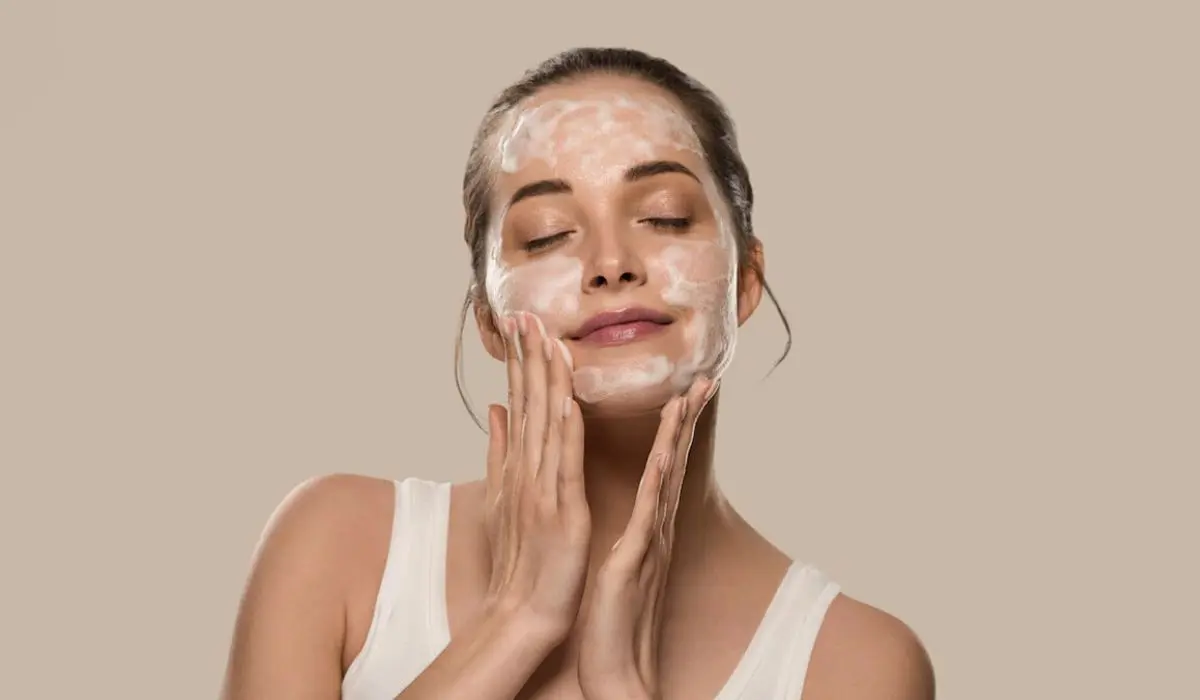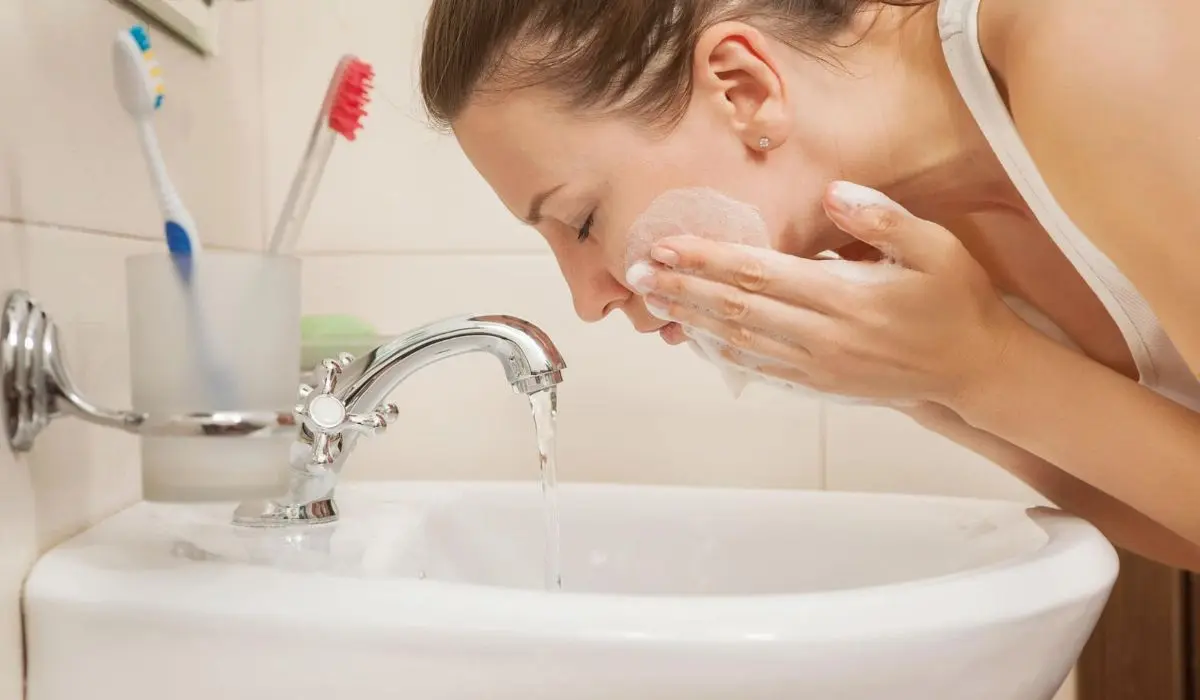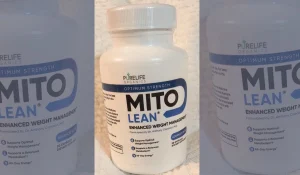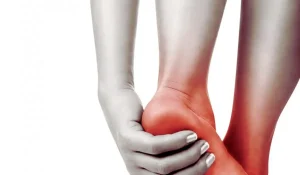Certain types of bacteria are bad for us, they can cause infections, rashes, and diseases. But unlike popular belief, not all bacteria are bad for the human body. Some bacteria are in fact essential for the human body due to many reasons including the protection of skin health.
As you may know, antibacterial cleansers inhibit the growth of bacteria on the skin. And that begs the question, is antibacterial face wash actually good for skin?
This article aims to dig deep into the abundant world of antimicrobial face wash to reveal the real truth behind it. We will explore what is antimicrobial face wash, how it works, and whether it is actually good for your skin. So, before impulsively buying the “new” antibacterial facewash from your local supermarket, read on to find out if it is beneficial or harmful to your skin.
Remember, facial skin is very delicate and is one of the most important aspects of your appearance, meaning it needs your utmost care.
What Is Antibacterial Face Wash And How Does It Work?
There are different kinds of face washes on the market. Antimicrobial face washes are one the popular types, which are specifically designed to combat bacteria and prevent bacterial growth on the skin. These face washes typically contain antibacterial agents such as salicylic acid, and benzoyl peroxide that can inhibit the growth of bacteria.

The antibacterial face wash also has deep cleansing properties. This means the product can remove impurities, excess oil, and dirt from the deep pores of the skin. A good face wash also helps maintain the skin’s natural pH, preventing excessive dryness or irritations. Using antibacterial face wash can have several benefits, such as reducing acne, unclogging pores preventing folliculitis (a condition caused by bacteria), and more.
So, in a cursory understanding, antibacterial face washes do look promising and it seems like it can be good for your skin. But when you take a closer look at the effects of these products, it gets more interesting.
Is Antibacterial Face Wash Good For Skin? Know More!
Antibacterial face wash has both pros and cons. Our skin hosts a community of microorganisms known as the skin microbiome. Some of these microbes are essential for supporting skin health. While removing the growth of harmful bacteria, the antibacterial can also disrupt the delicate balance of the skin microbiome. This can lead to several unwanted side effects such as dryness, irritations, and peeling.
However, it is important to note that not all antimicrobial face washes work the same for everyone. Some individuals may experience adverse effects, while others may only experience its benefits. It is critical to select a product that is appropriate for your skin type.

If you are using an antibacterial face wash for the first time, use the product on a small patch of your skin to assess its effects before applying. Immediately stop using if you notice any redness or irritations on the applied part of your skin.
Remember that excess use of anything is bad for your skin, including antibacterial face wash. Some studies have found that the excessive use of antibacterial face wash can result in the development of antibiotic-resistant bacteria. Once formed, they are almost impossible to get rid of from your skin. So, using antibacterial face wash sparingly can be more beneficial.
You can use these tips for choosing the right antibacterial face wash for you:
💠 Consider products that contain ingredients such as salicylic acid and triclosan.
💠 Pay attention to your skin type and any specific skin concerns.
💠 Consult a dermatologist if you are unsure about your skin type or need personalized recommendations.
What Are The Safest Alternatives For Antibacterial Face Wash?
If you are suffering from acne and oily skin, antibacterial face washes can be an effective solution for you. But you can also find other alternatives that can have a similar impact on your skin with much less risk of side effects. Let’s explore what they are.
💠 Gentle Exfoliants
Scrub your face with gentle exfoliants to remove dirt and dead cells. This can give you smoother skin and reduce acne breakouts without removing good bacteria.
💠 Topical Retinoids
Retinoids are vitamin A derivatives that are commonly found in cosmetic products. They have anti-aging properties and can also clear the pores.
💠 Non-Comedogenic Cleanser
These products contain ingredients that won’t block or clog the pores of your skin, making it a great choice for people who have acne-prone skin.
💠 Probiotics
Probiotics can protect the skin by locking in the moisture content. It can reduce the appearance of inflammation, redness, irritation, and acne breakouts.
Conclusion
Antibacterial face wash has its pros as well as cons. It can help improve the appearance and health of your skin in many ways. It can prevent bacterial growth on the skin, remove dirt from the skin pores, and reduce acne breakouts. However, it may disrupt the microbiome of your skin, by removing beneficial bacteria.
This can lead to adverse reactions such as dryness, irritations, and skin peeling. Though the reactions and effects can vary depending on your skin type and sensitivity, it is best not to overuse antibacterial cosmetic products. Some of the safer alternatives for antibacterial face washes include gentle exfoliants, topical retinoids, non-comedogenic cleansers, and probiotics.







